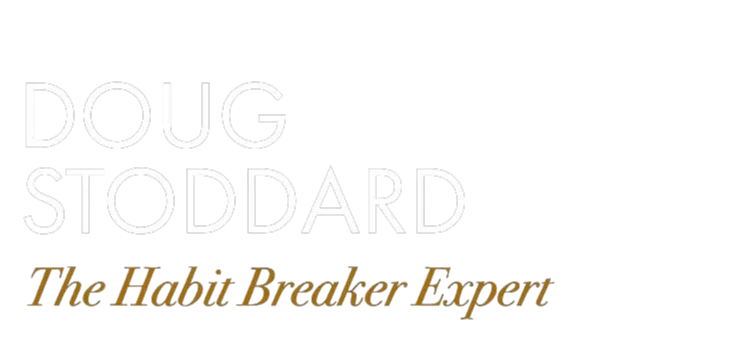
Impatience, The Thief That Blinds You!
Impatience, The Thief That Blinds You!
Recently, I found myself impatient when my wife struggled to upload some business documents I needed. To me, the process was easy and should already be done!
Finally, the documents were uploaded after the third time of explanation and my exasperation and impatience could be sliced with a knife. I felt justified to be impatient with her, after all, this had happened before, and I was in a hurry to get these documents uploaded.
As I walked away, I saw in her face frustration and pain in how I had shown up and an impression came to me that said something like this. “Doug, why is this the third time in a week that you have been impatient with her? In the past I would have justified my actions for several days as the ice formed between us, but now I can see it and realize that the best first step is to return and apologize. I did.
It strikes me that impatience is not a door into achievement and speed, rather a barrier to relationships and productivity.
In addition, my experience and science have shown that our impatience is a triggered subconscious response to an unmet expectation surrounding ourselves, other people, or situations. And when we buy into this subconscious response (habit of thinking) how we see and value ourselves, other people, and situations becomes blurred and distorted.
Science shows that impatience is often a subconscious mirroring of how we see ourselves, our ideas, and our actions and is a reflection of how we see our own self-worth. And when impatience shows up and we buy into it something else has to diminish or be devalued.
Gaylamarie Rosenberg states:
“We don’t acknowledge the daughter (or co-worker) who just said thank you, because we want her to pick up her dirty clothes (or get the project done). In other words, we see what others lack instead of what they can offer.
We don’t cherish the moment because it’s not good enough. Impatience prevents us from seeing what we have done (or others) because we are fixated on the undone.”
Impatience then becomes a subconscious response where our expectations become more important than people.
Change in business or at home always begins within each one of us before it occurs without. If it would serve you to have a conversation on how to shift impatience and other habits of thinking in the workplace or at your place, let’s talk.


